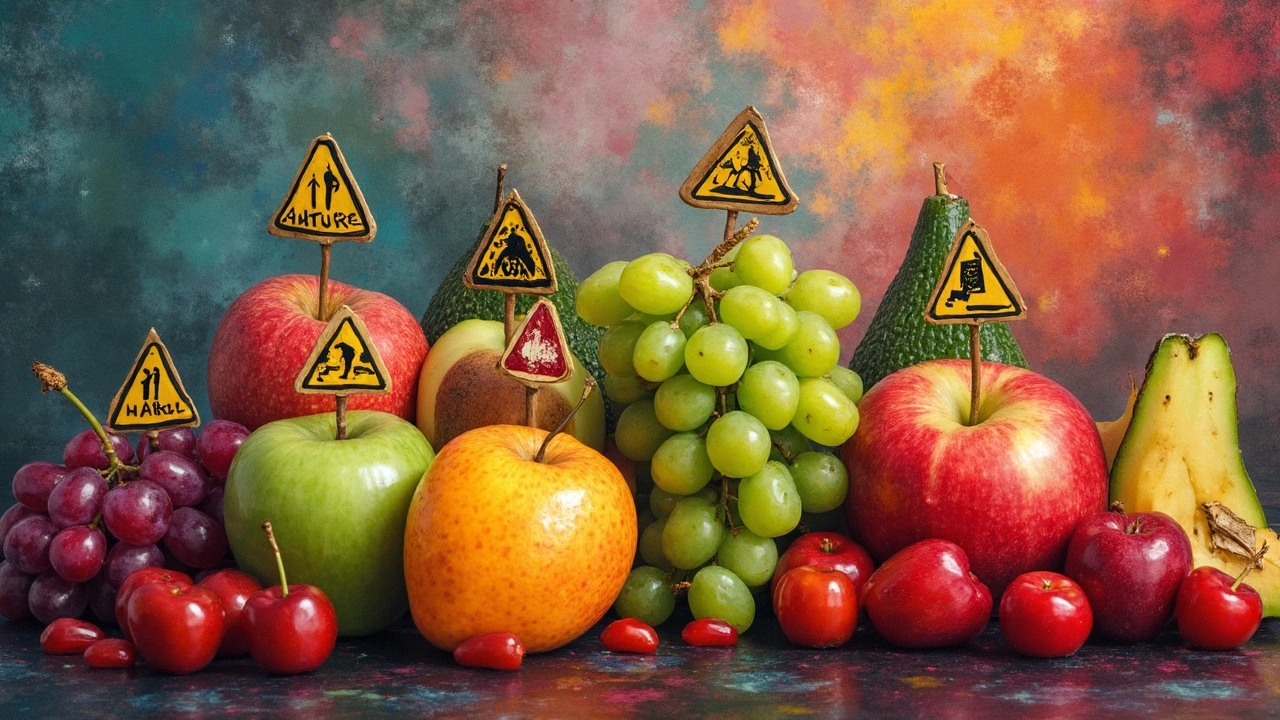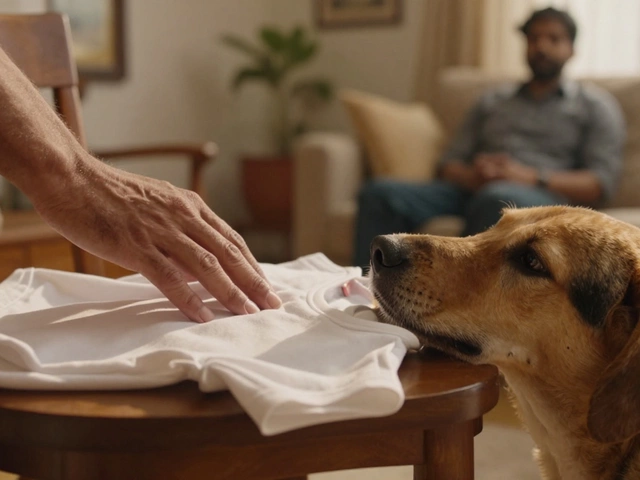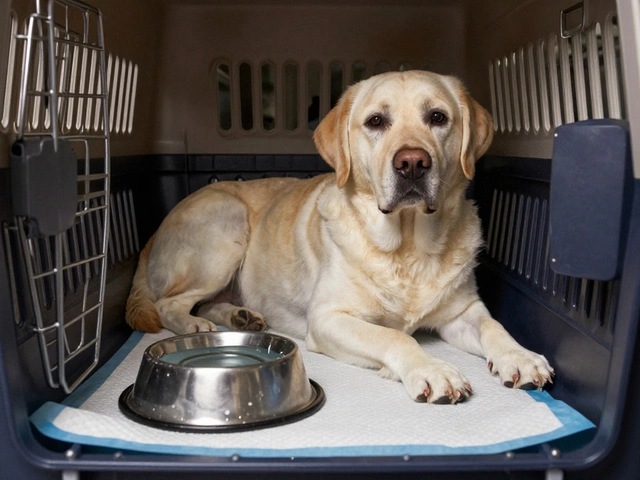Dog Fruit Safety: What Fruits You Can Share With Your Pup
Ever caught a whiff of a fresh fruit bowl and wondered if your dog could join in? It’s a common thought, but not all fruit is dog‑friendly. Giving fruit can add vitamins and fiber, yet the wrong kind can cause stomach upset or even serious health issues. Below you’ll find the basics you need to feed fruit safely and avoid mishaps.
Top Safe Fruits for Dogs
Here’s a quick list of fruits most vets agree are safe in moderation:
- Apples – Core and seeds removed, slice thin. Good for crunch and Vitamin C.
- Blueberries – Tiny, antioxidant‑rich, perfect for training treats.
- Bananas – Easy to mash, provide potassium, but watch the sugar.
- Strawberries – Cut into pieces; they have fiber and vitamin A.
- Watermelon – No rind or seeds, high water content for hot days.
- Pear – Remove core, give a few slices; gentler on teeth than apples.
- Peach – Flesh only, no pit; a sweet snack for older dogs.
These fruits are low in toxic compounds and generally easy on a dog’s gut. Still, treat them as a supplement, not a meal staple.
How to Serve Fruit Safely
Preparation matters. Always wash fruit thoroughly to get rid of pesticides. Cut into bite‑size pieces to avoid choking, especially for small breeds. Remove any pits, cores, or seeds because they can contain cyanide‑like compounds or cause blockages.
Start with a tiny portion—think one or two bite‑sized pieces—for a new fruit. Watch your dog for the next few hours. If the stool stays normal and there’s no vomiting, you can gradually increase the amount.
Remember that fruit is high in natural sugars. Overfeeding can lead to weight gain or upset the balance of your dog’s diet. A good rule of thumb is that treats (including fruit) should never exceed 10% of daily calories.
If you’re feeding a senior dog or one with a medical condition like diabetes, consult your vet before adding fruit. Some dogs have individual sensitivities that aren’t listed in generic guides.
When you notice a problem—diarrhea, vomiting, excessive drooling, or lethargy—stop the fruit immediately and contact your veterinarian. These symptoms can signal a reaction to a toxic fruit or an underlying issue.
Now, which fruits should you keep away from your pup? Grapes, raisins, cherries, and citrus peels are big red flags. Even a small amount of grape or raisin can cause kidney failure. Avocado’s pit and skin contain persin, which can be harmful, and the fruit’s high fat can upset digestion.
In short, stick to the safe list, prep it right, and always observe your dog’s reaction. With a little caution, fruits can be a tasty, nutritious addition to your dog’s diet.
Got a favorite fruit you’re unsure about? Drop a comment or ask your vet. Sharing the right treats keeps those tails wagging and your mind at ease.

What Fruits Can't Dogs Eat? Avoiding These Can Save a Trip to the Vet!
Many fruits are safe for humans but can be dangerous for dogs. This article focuses on fruits that dogs shouldn't eat, sharing key insights and practical tips. From the dangers of grapes to the risks associated with avocados, understanding these facts can help keep your dog healthy. Discover which common fruits to avoid and how to ensure your dog enjoys safe and nutritious snacks.
read more


